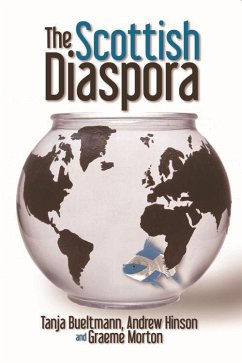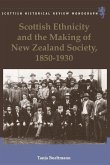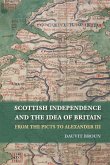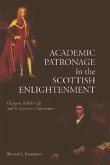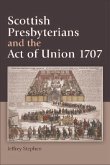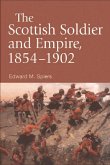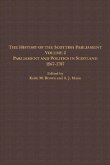'The global impact of Scots has been an exciting area of Scottish historical studies in recent times: this book delivers sophistication, definition and clear guidance to the complexities of the field. Its coverage is extensive and its approach is critical. It will appeal to anyone with a serious interest in Scottish history in its widest sense.' Ewen Cameron, University of Edinburgh 'With Scotland's identity under the spotlight, this book is particularly timely. Through a comprehensive chronological, thematic and geographical lens, the authors have produced an academic but accessible study in which existing scholarship is successfully synthesised with penetrating new analysis of the impact of Scotland's diaspora on participants, homeland and hostlands.' Marjory Harper, Professor of History, University of Aberdeen A history of the Scottish diaspora from c.1700 to 1945 Did you know that Scotland was one of Europe's main population exporters in the age of mass migration? Or that the Scottish honours system was introduced in universities as far afield as New Zealand? This comprehensive introductory history of the Scottish diaspora examines these and related issues, exploring not only the migration of Scots overseas, but also their experiences in the new worlds where they settled and the impact of the diaspora on Scotland. Global in scope, the book's distinctive feature is its focus on the geographies of the Scottish diaspora as well as key theories, concepts and themes - including associationalism and return migration. By revisiting these themes throughout the chapters, the multifaceted characteristics of 'Scottishness' abroad are unravelled, transcending narrow interpretations that define the Scottish diaspora primarily in terms of the movement of people. Readers can therefore gain not only an understanding of migration flows and destination countries, but also the imprints and legacies of émigré Scots overseas and at home. Tanja Bueltmann is a Senior Lecturer in History at Northumbria University and author of Scottish Ethnicity and the Making of New Zealand Society, 1850-1930 (Edinburgh University Press, 2011). Andrew Hinson is a Postdoctoral Fellow at the University of Toronto and co-editor of Ties of Bluid, Kin and Countrie: Scottish Associational Culture in the Diaspora (2009) Graeme Morton is Professor of Modern History at the University of Dundee; his recent publications include Ourselves and Others: Scotland, 1832-1914 (Edinburgh University Press, 2012) and Irish and Scottish Encounters with Indigenous Peoples (2013). Cover image: Global Goldfish (c) Mary Evans Picture Library. Cover design: [EUP logo] www.euppublishing.com
Hinweis: Dieser Artikel kann nur an eine deutsche Lieferadresse ausgeliefert werden.
Hinweis: Dieser Artikel kann nur an eine deutsche Lieferadresse ausgeliefert werden.

